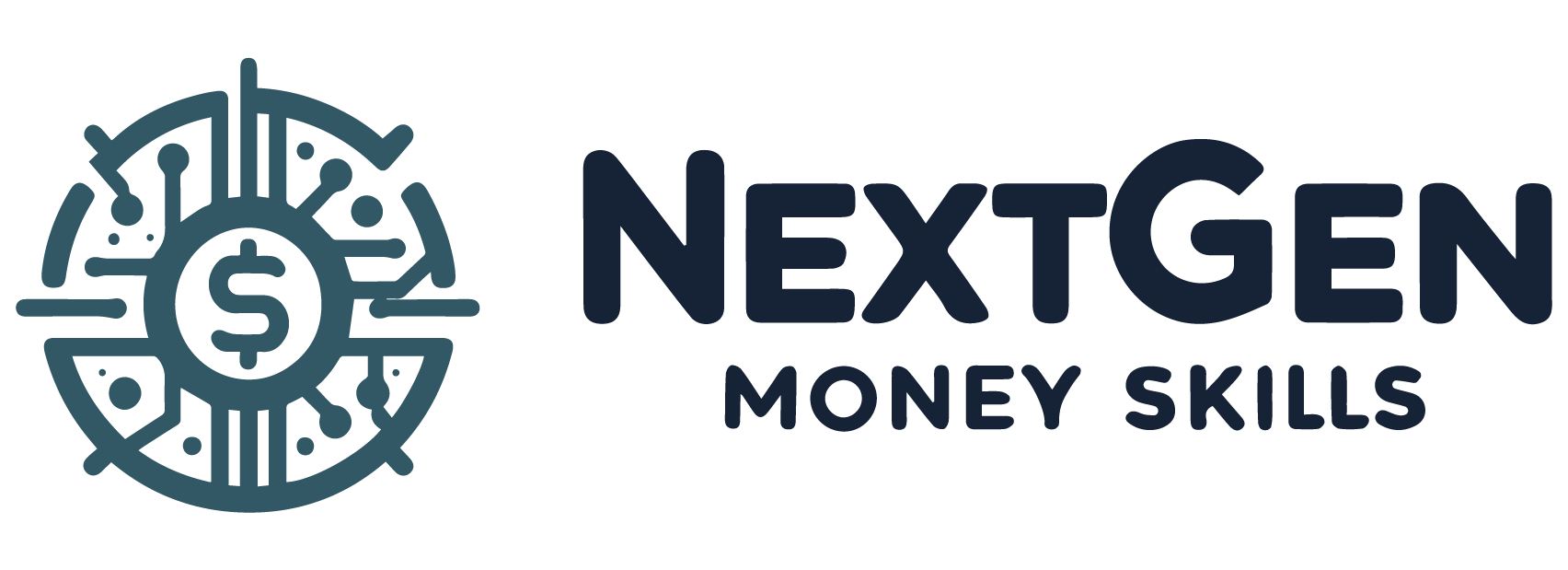Table of Contents
Deciding between financing a car and paying cash for a car is a significant personal finance decision that hinges on evaluating your financial health and aligning the choice with your financial goals. Financing offers the ease of monthly payments, while paying in cash might save on finance charges but requires substantial savings to pay for the vehicle upfront. Cars depreciate quickly, so it’s crucial to consider how each payment method affects your overall investment, such as mutual fund investments or educational purposes. Read till the end to learn is it better to finance or pay cash for a car.
Introduction to Car Buying Finance Options
Understanding the spectrum of car buying finance options is essential, whether you opt to pay in cash or take out a vehicle loan. Dealerships make money from both, but the reasons to pay cash differ from the rationale for financing.
The Role of Personal Finances in Car Buying
Your cash flow plays a pivotal role in the car-buying process, influencing whether you should pay for the vehicle outright or finance it. This decision can significantly impact your monthly budget and savings.
• Pros of Assessing Your Financial Health
Evaluating your financial status helps determine the best payment method, whether cash or financing, during the car-buying process. Assessing your financial health can reveal a clear path that aligns with your ability to make a purchase without jeopardizing financial stability.
• Cons of Overlooking Your Financial Situation
Failure to assess your financial health before choosing a payment method for your car can lead to strained finances and missed opportunities to optimize cash or financing in the car-buying process, potentially derailing financial goals.
• Pros of Financing
Financing a car has advantages and disadvantages, but benefits include maintaining liquidity and the potential to build credit history, making it a strategic choice under certain financial circumstances.
• Cons of Financing
While financing a car offers certain advantages, the disadvantages include accruing interest over time and the potential to overextend one’s budget, underscoring the need to weigh both advantages and disadvantages carefully.
• Pros of Paying Cash
Paying cash for a car eliminates monthly payments and could offer negotiating leverage, but understanding potential drawbacks is essential to ensure this choice aligns with one’s financial situation.
• Cons of Paying Cash
Though avoiding monthly payments is attractive when paying cash for a car, potential drawbacks include depleting savings that could be used for other investments or emergencies.

Delving into the Advantages of Cash Payments
Paying cash for a car can circumvent monthly payments, potentially reduce overall expenses, and offer immediate full ownership, yet one must consider the potential drawbacks such as the inability to leverage credit.
1. Immediate Ownership and Equity
Owning a car outright from the start avoids monthly payments and grants immediate car ownership, contributing positively to one’s net worth by providing equity in the vehicle.
2. Avoiding Interest and Finance Charges
By paying cash for a car, you avoid the cost of borrowing money and the associated finance charges that accumulate over the life of the loan, a cost-saving measure not offered by financing options like Toyota Financial.
3. Potential Discounts for Cash Buyers
Paying cash for a car can sometimes align with financial goals by allowing buyers to take advantage of discounts or incentives that are not available to those financing a car.
The Flip Side: Disadvantages of Cash Purchases
While there are benefits to paying cash for a car, such as avoiding interest, purchasing a car with cash can limit vehicle options, impact car insurance rates, and tie up funds that could be used to pay for an expensive car or invest in other areas.
1. Depleting Savings and Liquid Assets
When you pay cash for a car, it can take a big chunk out of your savings. It’s crucial to have funds to cover living expenses and an emergency fund for unexpected events. Draining these resources could leave you financially vulnerable if an unforeseen expense arises.
2. Lost Opportunities for Investments and Growth
Choosing to pay cash for a car purchase may mean missing out on investment opportunities that could grow your wealth. Instead of spending a lump sum, investing in high-yield savings could potentially offer a return that surpasses the cost of financing a car.
3. Impact on Credit History and Score
Opting for financing options can help build your credit history and improve your score. Regular, on-time payments demonstrate financial responsibility to creditors, which can be beneficial for future borrowing needs.
Financing a Car: Weighing the Benefits
Financing a car comes with its own set of advantages and disadvantages. It’s important to weigh the potential for keeping cash reserves against the long-term cost of interest and fees associated with a loan.
Keeping Cash Reserves for Other Needs
When financing a car, you retain cash that can be used for other financial goals or emergencies. This approach contrasts with paying cash for a car, which can significantly reduce your immediate liquidity and flexibility.
Leveraging Credit to Build Financial History
A strong payment history is a cornerstone of creditworthiness. Financing a car and making timely payments can be an effective strategy to build a solid credit record, opening doors for more favorable borrowing terms in the future.
Enjoying Flexibility with Lower Initial Costs
Financing a car typically means a lower upfront payment, preserving cash flow for other needs. With interest rates potentially rising in 2024, securing a fixed-rate loan now could offer cost savings over time.

Considering Financing Options and Strategies
Exploring the advantages and disadvantages of various car loans is key to finding the best financial fit. It’s about balancing monthly payments with total interest costs over the life of the loan.
1. Exploring Loan Types: Bank, Credit Union, and Dealership
Traditional banks, credit unions, and dealerships offer different financing options. It’s wise to shop around, as competitive interest rates and terms can significantly affect the overall cost of your loan.
Comparing Interest Rates and Terms
Keep your cash reserves intact by meticulously comparing the interest rates and terms from various lenders. A lower rate can result in substantial savings over the life of the car loan.
Understanding the Importance of Credit Worthiness
Your access to financing options largely hinges on credit worthiness. Lenders evaluate your credit history to determine risk, influencing the interest rates and loan terms they’re willing to offer.
2. Alternative Financing: Leases and Credit Cards
Outside of traditional loans, financing options like leases and peer-to-peer lending provide alternatives. Each comes with unique terms and requirements, catering to different financial situations and preferences.
Pros and Cons of Leasing a Vehicle
Leasing a vehicle offers the advantage of driving a newer car for less money upfront. However, you won’t own the car at the end of the lease term, and there may be mileage restrictions and potential fees.
Using a Credit Card for Car Purchase: Rewards vs Risks
Using a credit card to purchase a car could earn you rewards points, but the high-interest rates could outweigh the benefits. It’s essential to consider the cost of credit card debt before making this choice.
3. Smart Purchasing Techniques
Intelligent car buying involves research, negotiation, and understanding the total cost of ownership. Considering both the immediate and long-term financial implications is key to making a savvy purchase decision.
Negotiating Tactics for Better Deals
Securing a better deal on a car often comes down to negotiation. Research is key: know the car’s market value, and don’t hesitate to walk away if the price isn’t right. Be ready to discuss terms like down payments and trade-ins, which can also influence the final deal. The end of the month can be an ideal time to negotiate, as salespeople are keen to hit their quotas and may offer more favorable terms.
The Advantages of Certified Pre-Owned Cars
Certified Pre-Owned (CPO) vehicles offer distinct benefits, such as extended warranties that provide additional peace of mind. These cars undergo rigorous inspections and are often refurbished to meet specific standards set by manufacturers. Buying a CPO car can result in a more reliable vehicle with a warranty similar to that of a new car, but at a significantly lower cost.
Conclusion: Is It Better to Finance or Pay Cash for a Car?
When it comes to car financing, weighing the pros and cons of each option is vital. Understanding the impact of interest rates, the value of cash reserves, and personal financial goals can guide buyers to an informed and advantageous decision that suits their unique financial situation.
Addressing Common Questions on Car Financing
One common query is which financing company to choose. It’s important to compare offers, considering factors like interest rates, loan terms, and any additional fees. Reputation and customer service are also essential to ensure a smooth financing experience.
Why Might Dealerships Prefer Financing Over Cash?
Dealerships may favor customers who finance a vehicle because it often results in additional profits. Financing can include interest and financing charges, and dealerships sometimes receive incentives from lenders for securing the loan, increasing their overall earnings from the sale.
What Should Be Considered When Choosing Between Cash and Financing?
Deciding whether to pay cash or finance a car involves considering current savings, credit health, and financial priorities. Cash purchases avoid interest, but financing can preserve savings and potentially improve credit scores if payments are made consistently on time.
Final Recommendations for Prospective Car Buyers
For those weighing the options of paying cash for a car or financing, it’s crucial to consider current cash flows and long-term financial stability. Cash buyers avoid debt but may miss out on investment returns. Conversely, car deals with favorable financing terms can free up cash for other uses.
Balancing Immediate Costs with Long-Term Financial Goals
Choosing a payment method should be about balancing short-term affordability with long-term financial health. Immediate costs must be manageable without undermining future financial objectives such as retirement savings, investments, or emergency funds.
Choosing a Payment Method Aligned with Personal Financial Planning
Selecting the right payment method is a personal decision that should align with one’s financial planning. Whether it’s paying upfront or financing, the choice should contribute to the individual’s broader financial strategy and help achieve set monetary goals.




